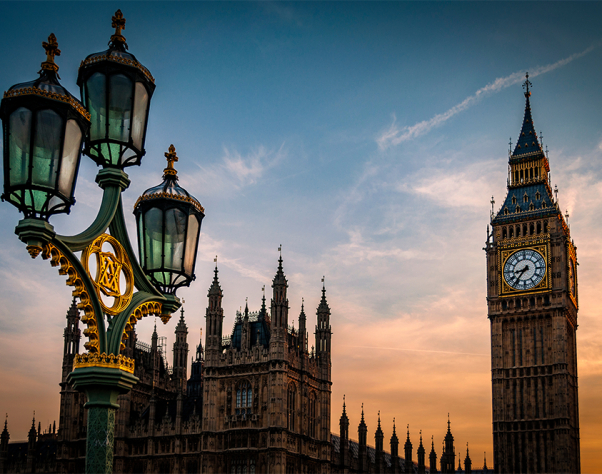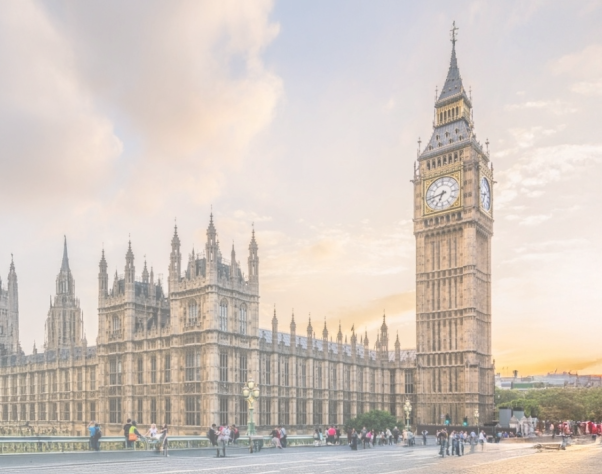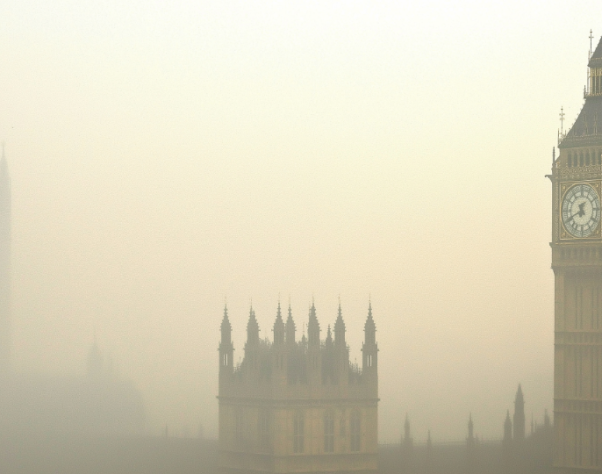Covid-19 Impact Brief: Thursday, November 19
Insights
Each week, our Public Policy team will be reporting on the latest weekly news in the evolving situation.
The Scottish Government has introduced the toughest ‘Level Four’ restrictions for large parts of the central belt
- Scotland’s toughest ‘Level Four’ Covid restrictions are to be introduced in 11 council areas on 20 November.
- Glasgow, East Dunbartonshire, East Renfrewshire, Glasgow, Renfrewshire, West Dunbartonshire, North and South Lanarkshire, East and South Ayrshire, Stirling and West Lothian will be included in the restrictions.
- Around 2.3 million people will be affected by the changes, which are set to remain in place until 11 December.
- Level 4 restriction will see the closure of all restaurants, cafes, pubs and bars although takeaways can still operate as normal, provided food and drink is sold for consumption off premises. Face coverings and physical distancing rules must be followed.
- Level 4 will also see the closure of all leisure and entertainment premises, indoor visitor attractions such as museums, galleries, heritage attractions, indoor areas of zoos and aquariums, and all non-essential retail shops.
- Travel restriction will also be placed on all level 4 areas from Friday.
- Scottish First Minister Nicola Sturgeon said that although current restriction had worked in plateauing the infection rate, they were stabilising at stubbornly high levels and that more is needed to bring the infection rate down ahead of Christmas.
- Sturgeon also said that East Lothian and Midlothian will move from level three to level two from next 24 November.
The National Audit Office has published a new report into government procurement during the COVID-19 pandemic.
- The report found that there was a lack of transparency and adequate documentation of key decisions.
- 90% of the contracts were awarded by the Department of Health and its national bodies, totalling £16.2bn. In 2019-20, DHSC awarded 174 contracts worth £1.1bn.
- Contracts worth £10.5bn were awarded directly without a competitive tender process, £6.7bn were awarded through pre-existing framework agreements and contracts worth £0.2bn were awarded using a competitive tender process.
Other news
- The Government has confirmed that it has completed negotiations with Moderna to secure access to five million doses of its Covid-19 vaccine. This would be enough to vaccine around 2.5m people and could be delivered to the UK and Europe as early as Spring 2021.This follows published data which showed that the vaccine was nearly 95% effective in protecting against Covid-19, with no safety issues identified to date.
- Small businesses in England will receive £2.2 billion from the Government to help them through the current period of national restrictions. Businesses will benefit from two grant schemes: one for businesses that have had to close, and another scheme for further business support as a result of the Covid-19 pandemic, helping support people’s jobs and livelihoods and protect communities. Money has been transferred to councils in England and businesses can now expect to receive money covering the 4-week period of national restrictions.
- The Government has confirmed £300m in emergency funding for spectator sports in England, with rugby union receiving £135m in total, with £59m of that going to Premiership clubs. Rugby league, in contrast, will be given £12m. Horse racing will receive £40m. Netball will receive £4m and tennis £5m.
- 8,250 charities across England have been awarded a share of the £200 million Coronavirus Community Support Fund to help them continue their work with vulnerable people during Covid-19. A range of charities have benefitted, from FC United’s project to help vulnerable families in Manchester, to Re-engage, a charity supporting older people at risk of social isolation. It is part of the Government’s £750 million support package for charities announced earlier this year.
- Figures from the Office for National Statistics has revealed that 9% of the work force – almost one out of every 10 workers – is on the Government’s furlough scheme. These figures were from the two weeks to 1 November.



